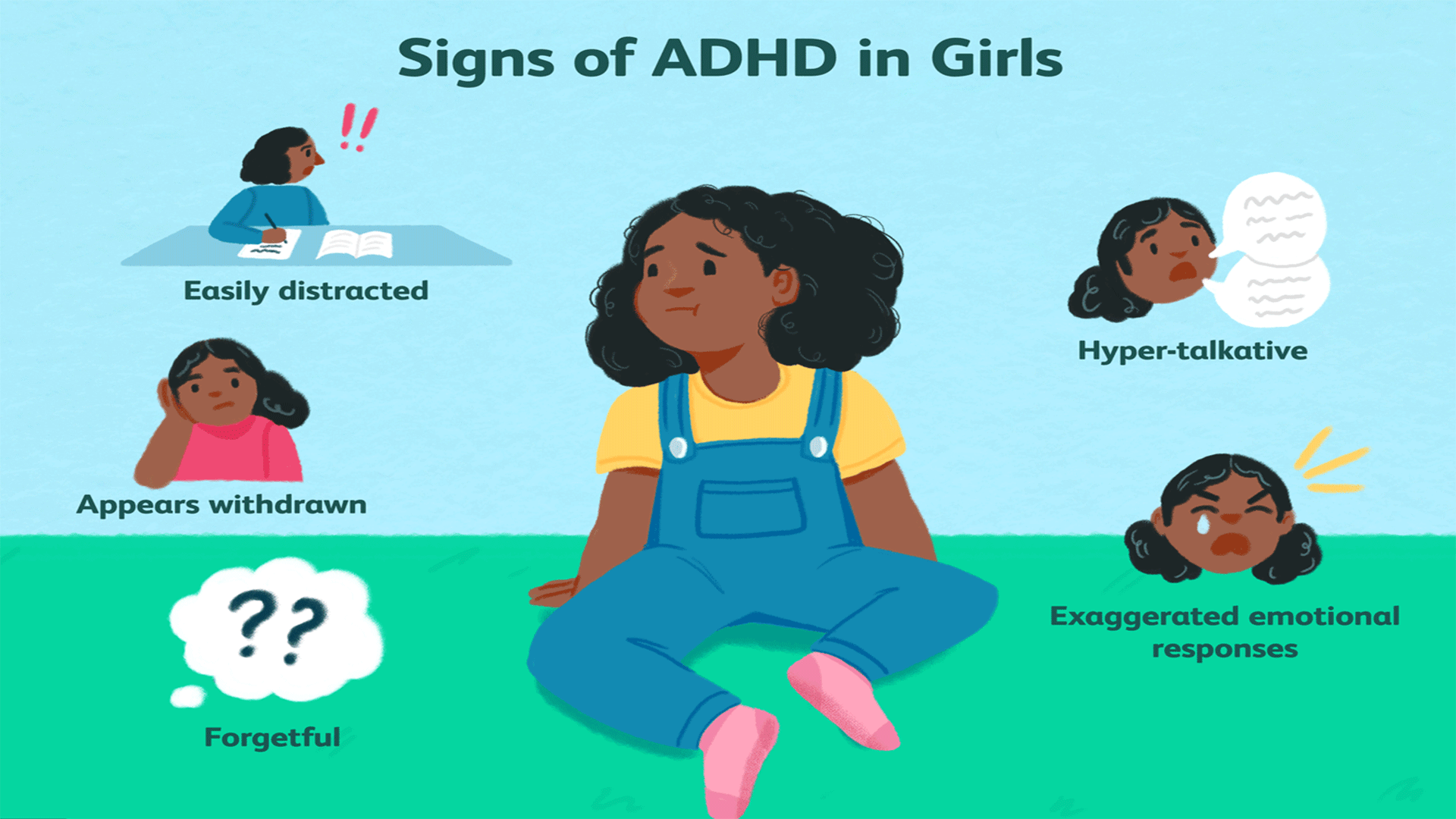
Exploring ADHD: Navigating the Complexities Through a Psychologist’s Lens. Lets delve into the multifaceted world of Attention-Deficit/Hyperactivity Disorder, offering insights into its cognitive nuances, impact on daily life, effective coping strategies, and the pivotal role of academic intervention in empowering individuals with ADHD to thrive in various aspects of their lives.
Several well-known individuals have openly discussed their experiences with Attention-Deficit/Hyperactivity Disorder (ADHD), helping to reduce stigma and raise awareness. Some examples include:
These examples illustrate that ADHD does not limit one’s potential for success, and with appropriate support and management strategies, individuals with ADHD can thrive in various aspects of life.
As a psychologist, it is essential for me to debunk the prevalent misconceptions about ADHD (attention deficit and hyperactivity disorder) in order to provide parents with the facts. Parents with children who have ADHD can better understand and help their children by dispelling these myths and arming yourselves with powerful facts. Let’s examine five widespread misconceptions regarding ADHD and the compelling evidence that refutes them.

Important Fact: ADHD is a neurodevelopmental illness that can last into adulthood; it is not a passing fad. According to research, ADHD is a complicated disorder involving variations in brain activity and development. In order to effectively support your child, parents must understand that ADHD requires a correct diagnosis and management.
Strong Fact: Poor parenting does not cause ADHD
Although a child’s behavior can be influenced by parenting techniques, genetic and neurobiological factors are the main causes of ADHD. Realizing this can help you feel less guilty and stop blaming yourselves for the child’s problems and motivate you to get the help that is needed.
Important Fact: Kids with ADHD aren’t lazy or uninspired. Their inability to focus and control their behavior stems from neurological impairments that cause people to struggle with attention, impulsivity, and hyperactivity. Parents who are aware of this fact can respond to their child’s challenges with tolerance and empathy. Here is a video that you can watch to learn more about the facets of ADHD

Important Information: Medication is not the only way to treat ADHD. Multi-model strategies work best for effective management of ADHD
In order to effectively manage ADHD, behavioral therapy, lifestyle modifications, and educational assistance are essential. Parents who are aware of this can investigate all-encompassing treatment modalities that are most appropriate for their child.
Important Information: ADHD frequently lasts throughout adolescence and adulthood. Even though symptoms can vary over time, many people with ADHD never fully recover from the difficulties they face. Parents can better prepare for long-term care and interventions for their child by acknowledging this truth.
Fact: ADHD Knows No Gender Bounds
Don’t be fooled by the notion that ADHD exclusively targets boys; it affects both genders. While boys may lean towards hyperactivity, girls often showcase inattentiveness. Acknowledging these gender nuances is vital for accurate identification and tailored support for each child.

By dispelling these misunderstandings with compelling data, you may learn more about ADHD and make wise decisions. Dismantling these myths paves the way for a more accurate understanding of ADHD. Acknowledging it as a neurodevelopmental powerhouse, understanding its diverse manifestations, and embracing a multimodal approach to intervention are pivotal for supporting individuals with ADHD. As always psycho-educational assessments are necessary for proper multi-modal intervention strategies to be put in place effectively. Remember, as empowered parents, your enlightened perspective and proactive approach can be a game-changer in your child’s journey toward unparalleled success and fulfillment.
Related Article

Special Education Centre for Dyslexia, Dyspraxia, Learning Difficulties Assessments & Intervention.
© Copyright 2024 Sri Rafelsia All rights reserved.
